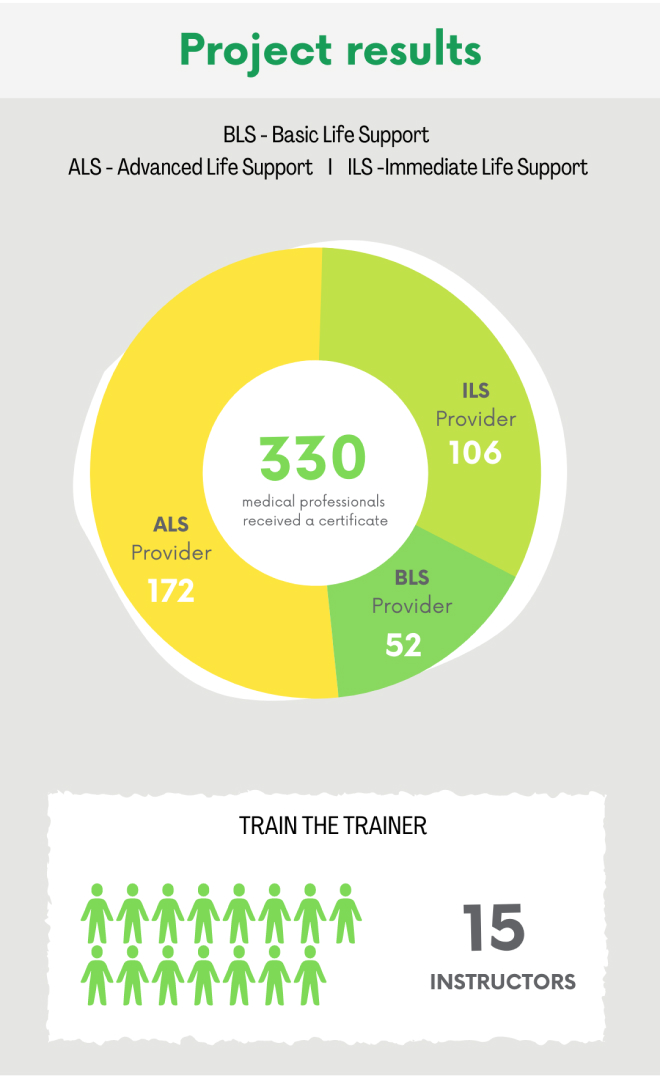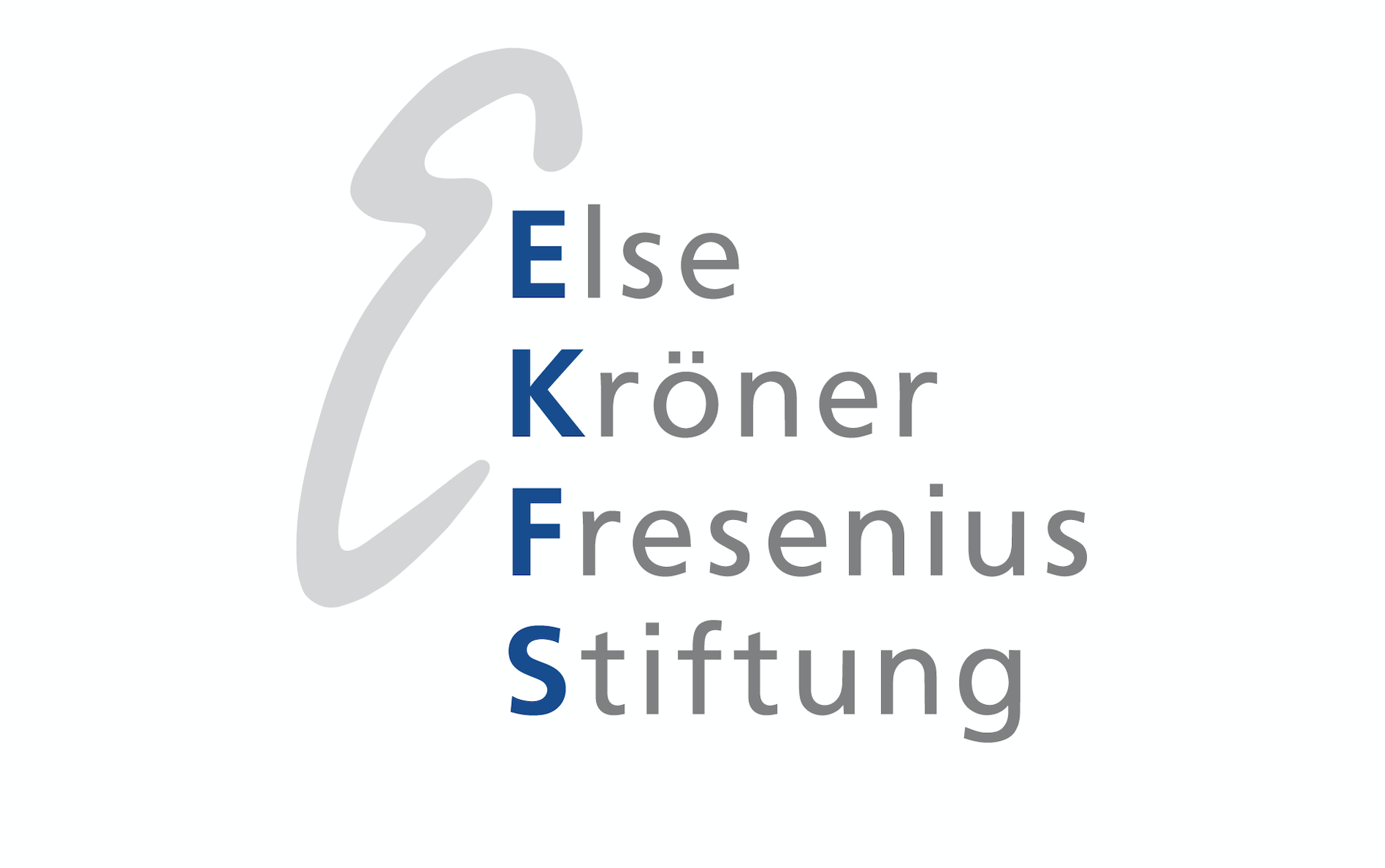Start
September 2019
Duration
2.5 years
Location
Uganda (nationwide)

Goal
Sustainable implementation of certified ERC Life Support courses in Uganda to strengthen resuscitation skills and knowledge of clinical and preclinical health personnel.
Activities
- November 2019: Procurement of training material and transportation to Uganda (incl. training dummies, simulation equipment and consumables)
- January 2020: first course phase by external faculties from Germany, Sudan and Malta (4 ALS courses and 1 instructor course)
- January 2020: Needs assessment in the partner emergency room to determine which medical equipment needs to be procured
- 2020: Implementation of further course phases with local instructors, only one external course director had to travel additionally
- June 2020: local procurement of 4 patient monitors for the emergency rooms in Kiruddu and Mbarara
- August 2020: Interim evaluation through participant surveys
- August 2020: Foundation of the Emergency Care Courses Uganda course center, procurement of furniture and equipment for a classroom
- August 2020: Foundation of the Emergency Care Courses Uganda course center, procurement of furniture and equipment for a classroom
- September 2021: Implementation of a second instructor course
Partner
Our local partner for the project is the Makerere University College of Health Sciences. As a professional medical training center with good relationships with various hospitals in and around Kampala, Makerere University is the perfect regional partner to build a comprehensive network.
Since 1989, the ERC has been standardizing and modernizing resuscitation guidelines and training in Europe and beyond. The transfer of the ERC guidelines and the establishment of an ERC course center in Uganda will ensure the quality of the resuscitation courses. Thanks to the ERC’s ongoing research in the field of resuscitation and resuscitation and the regular publication of new guidelines for the course centers, the local partners can always draw on the latest relevant research findings.
Our project was also supported by the medical device manufacturers AMBU and Bexamed, who both donated training materials to
.


Promotion
Our project is supported by the Initiative Klinikpartnerschaften – Partner stärken Gesundheit. The funding program was initiated in 2016 by the German Federal Ministry for Economic Cooperation and Development (BMZ) together with the Else Kröner-Fresenius Foundation. It supports partnerships between health organizations in Germany and medical facilities in low- and middle-income countries. The aim of the initiative is to improve healthcare services in developing and emerging countries by creating a platform on which various organizations can work together in partnership and benefit from the mutual transfer of knowledge at a professional level.


Here for you
Laura Beutler Contact us now
